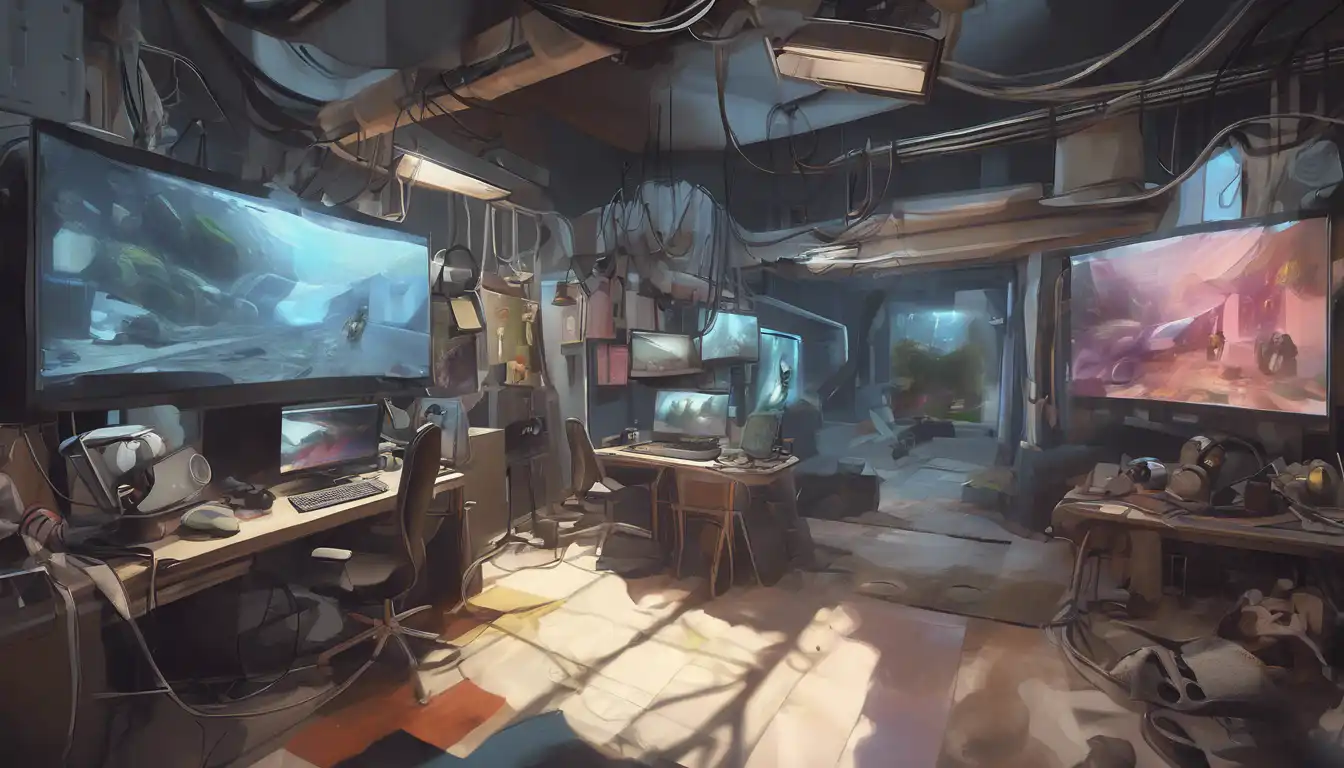Introduction to Virtual Reality Development
Virtual Reality (VR) development is an exciting field that combines creativity with technology to create immersive experiences. Whether you're interested in gaming, education, or training simulations, VR offers endless possibilities. This guide will walk you through the basics of getting started with VR development.
Understanding Virtual Reality
Before diving into development, it's essential to understand what VR is. Virtual Reality is a simulated experience that can be similar to or completely different from the real world. It requires a headset and sometimes additional equipment to immerse the user in a digital environment.
Choosing the Right Tools
There are several tools and platforms available for VR development. Some of the most popular include:
- Unity: A versatile game engine that supports VR development.
- Unreal Engine: Known for its high-quality graphics, it's another great option for VR.
- WebVR: Allows you to create VR experiences that run in a web browser.
Choosing the right tool depends on your project requirements and your familiarity with the platform.
Learning the Basics
Before starting your first project, it's crucial to learn the basics of VR development. This includes understanding 3D modeling, programming languages like C# for Unity, and the principles of user experience in VR.
Creating Your First VR Project
Once you're familiar with the tools and basics, you can start your first project. Begin with something simple, like a virtual room or a basic interactive object. This will help you get comfortable with the development process.
Testing and Iteration
Testing is a critical part of VR development. It's important to test your projects on actual VR hardware to ensure they work as intended. Be prepared to iterate based on feedback and testing results.
Publishing Your VR Experience
After testing and refining your project, you can publish it. Platforms like SteamVR, Oculus Store, and Google Play offer opportunities to share your VR experiences with a wider audience.
Staying Updated
VR technology is rapidly evolving. Staying updated with the latest trends and advancements is crucial for any VR developer. Follow relevant blogs, forums, and conferences to keep your skills sharp.
Virtual Reality development is a rewarding field that offers the chance to create unique and immersive experiences. By starting with the basics and gradually building your skills, you can become proficient in VR development. Remember, the key to success is continuous learning and experimentation.
